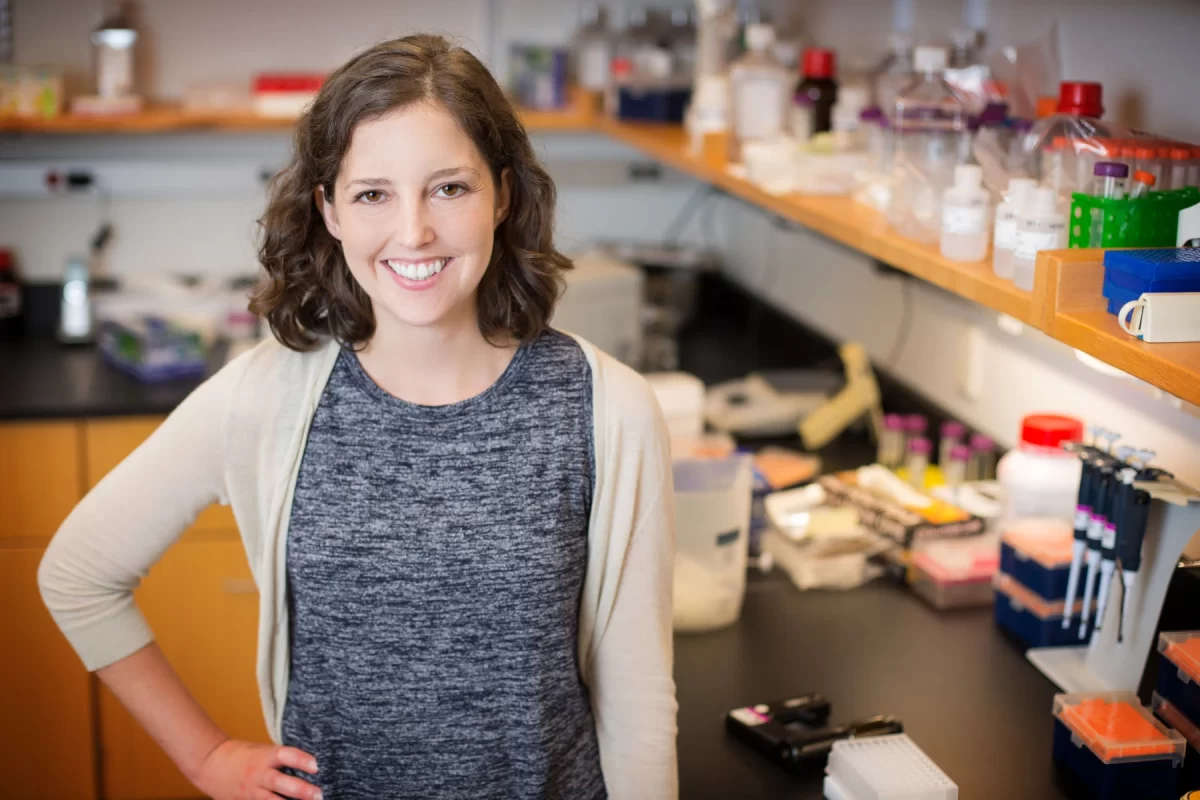Medical imaging informatics, image reconstruction, Image-guided intervention, CT, MRI and radionuclide imaging (PET/CT, SPECT/CT), intensity modulated radiation therapy (IMRT), treatment planning and plan optimization, image segmentation and deformable registration, tele-radiology/treatment planning, radiobiology modeling, biologically conformable radiation therapy (BCR), application of molecular imaging to radiation oncology.
https://med.stanford.edu/profiles/lei-xing




